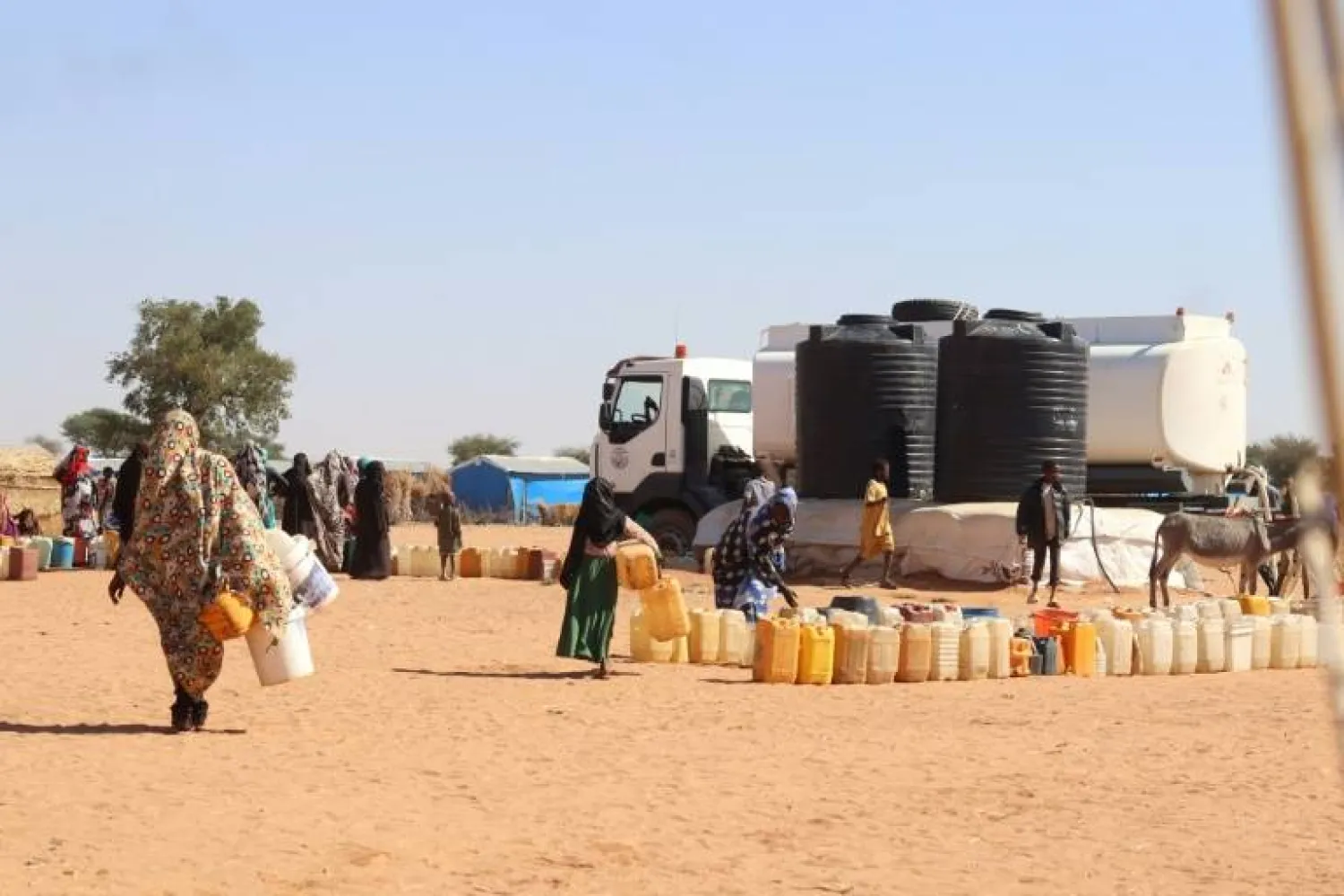Authorities loyal to the army in war-ravaged Sudan have blocked cross-border aid to the western Darfur region, a move decried by aid workers and the United States.
The vast Darfur region, bordering Chad, has been one of the hardest hit parts of Sudan since war began 10 months ago between the Sudanese Armed Forces and paramilitary Rapid Support Forces (RSF).
RSF are descendants of the Janjaweed militia which began a scorched earth campaign in Darfur more than two decades ago.
In their current battle against the army, which started last April, the RSF have taken over four out of the five Darfur state capitals.
More than 694,000 people have fled over the border to Chad, according to the International Organization for Migration, but many more remain trapped in Darfur and in need of assistance.
The United Nations has had to limit its work in Darfur to cross-border operations from Chad, but last week the UN's World Food Program (WFP) country director Eddie Rowe told reporters that "authorities have restricted the Chad cross-border operation".
State Department spokesperson Matthew Miller on Friday said the United States is deeply concerned by the army's "recent decision to prohibit cross border humanitarian assistance from Chad and reports that the SAF is obstructing assistance from reaching communities in areas controlled by the RSF".
Sudan's foreign ministry, loyal to the army, expressed "confusion and rejection" of the "false accusations" by Washington, AFP reported.
The ministry said the Sudan-Chad border "is the main crossing point for weapons and equipment" used to commit "atrocities" against Sudanese.
A United Nations experts' report in January cited credible evidence that the United Arab Emirates was funnelling "military support" through Chad to the RSF. The UAE has denied the allegations.
Miller, of the State Department, also expressed concern about RSF "looting homes, markets and humanitarian assistance warehouses".
In Brussels, Rowe of WFP said his agency was "engaging with the authorities to ensure this critical lifeline" from Chad remains operational.
It is essential, an international aid worker told AFP on Sunday from Darfur, requesting anonymity so as not to jeopardise their mission.
"Children and babies are already dying from hunger and malnutrition. There will be an immense human impact... and quite possibly large-scale mortality rates," the aid worker said.
"The highest levels of diplomacy need to unblock this situation immediately because millions of lives hang in the balance," the aid worker said, calling it "a huge region already facing an imminent and immense food security crisis on top of a civil war, ethnic violence and state service collapse".
The war has killed thousands, including up to 15,000 in the West Darfur city of El Geneina alone, according to the UN experts.
Washington has accused both sides of war crimes, and said the RSF also carried out ethnic cleansing and crimes against humanity.









